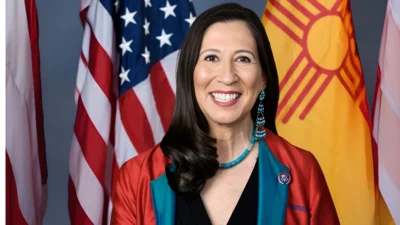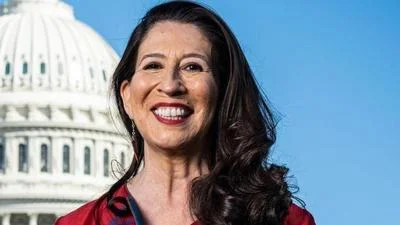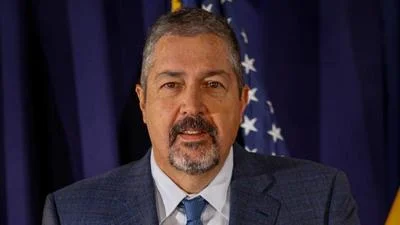The Native American Rights Fund (NARF), the National Congress of American Indians, and the Northern Plains Indian Law Center at the University of North Dakota School of Law (NPILC) are advocating for a change in how federally-recognized Tribal Nations are treated in U.S. appellate courts. They have requested that the Administrative Office of the United States Courts recognize Tribal Nations as sovereign governments, similar to federal and state entities, under appellate court rules.
"Tribal governments are governments, and we urged the U.S. Circuit Courts of Appeals to dispel confusion and apply the law consistently without additional barriers that may restrict Tribal Nations from submitting amicus briefs," stated John Echohawk, Executive Director of NARF.
Currently, in the U.S. Supreme Court, Tribal Nations receive the same consideration as federal and state governments when filing amicus briefs—non-party briefs meant to provide context to a case. However, this is not mirrored in Federal Circuit Courts of Appeal due to Rule 29 of the Federal Rules of Appellate Procedure which classifies Tribal governments as "non-governmental organizations."
This rule limits when and how Tribal Nation governments can participate in lawsuits affecting them. Unlike federal and state entities that have an unqualified right to file amicus briefs, Tribal governments must seek permission from either the court or all involved parties.
Larry Wright Jr., Executive Director of the National Congress of American Indians, emphasized that "Tribal governments are distinct, independent political entities and should have the same access extended to other independent political entities." He expressed hope that following the U.S. Supreme Court's lead on inclusion would affirm Tribal Nations' place within U.S. governance.
The NPILC plays a role by recruiting and training attorneys to practice federal Indian law and represent Tribal Nations in court. Dan Lewerenz, Assistant Professor at UND School of Law affiliated with NPILC, noted that "treating Tribal Nation governments the same as other sovereign governments in the United States would create consistency and clarity."
Lewerenz added that it was significant for the Supreme Court to treat Tribal governments like other sovereigns and urged U.S. Circuit Courts of Appeal to adopt a similar stance.








